A Fate Written on MatchOmnibus/Box Setes State-Building in Kashmir Under India
Publisher:
NAVAYANA
| Author:
Hafsa Kanjwal
| Language:
English
| Format:
Paperback
₹599 ₹509
Save: 15%
In stock
Ships within:
1-4 Days
In stock
ISBN:
SKU 9788195838547 Category Politics/Government
Category: Politics/Government
Page Extent:
384
In 1953, Sheikh Abdullah, the first prime minister of Jammu and Kashmir, was jailed for being too ‘anti-India’. His deputy Bakshi Ghulam Mohammed then took the reins, and was tasked with securing Kashmir’s contested accession to India. A Fate Written on Matchboxes tells the story of Bakshi’s ten-year client regime and the varying modes of control and governance it deployed. His “politics of life” foregrounded the day-to-day concerns of employment, subsidized rations, free education, and basic services while questions of self-determination were suppressed. To integrate and empower Kashmiris, Bakshi often doled out jobs by writing appointments on matchboxes and slips of paper. Drawing on bureaucratic documents, propaganda materials, memoirs, literary sources, and oral interviews, Hafsa Kanjwal shows us how Bakshi’s theory of politics and state-building was marked by tension, corruption, and repression. This decade in Kashmir’s post–1947 history entrenched Indian rule. As Jawaharlal Nehru had once told Abdullah, “India would bind Kashmir in golden chains.” However, it also paved the way for local resistance.
Be the first to review “A Fate Written on MatchOmnibus/Box Setes
State-Building in Kashmir Under India” Cancel reply
Description
In 1953, Sheikh Abdullah, the first prime minister of Jammu and Kashmir, was jailed for being too ‘anti-India’. His deputy Bakshi Ghulam Mohammed then took the reins, and was tasked with securing Kashmir’s contested accession to India. A Fate Written on Matchboxes tells the story of Bakshi’s ten-year client regime and the varying modes of control and governance it deployed. His “politics of life” foregrounded the day-to-day concerns of employment, subsidized rations, free education, and basic services while questions of self-determination were suppressed. To integrate and empower Kashmiris, Bakshi often doled out jobs by writing appointments on matchboxes and slips of paper. Drawing on bureaucratic documents, propaganda materials, memoirs, literary sources, and oral interviews, Hafsa Kanjwal shows us how Bakshi’s theory of politics and state-building was marked by tension, corruption, and repression. This decade in Kashmir’s post–1947 history entrenched Indian rule. As Jawaharlal Nehru had once told Abdullah, “India would bind Kashmir in golden chains.” However, it also paved the way for local resistance.
About Author
Hafsa Kanjwal is assistant professor of history at Lafayette College, US.
Reviews
There are no reviews yet.
Be the first to review “A Fate Written on MatchOmnibus/Box Setes
State-Building in Kashmir Under India” Cancel reply
[wt-related-products product_id="test001"]

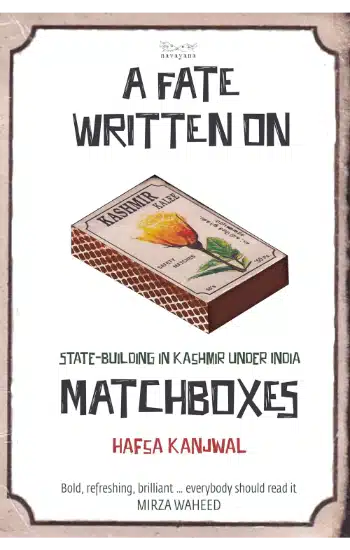

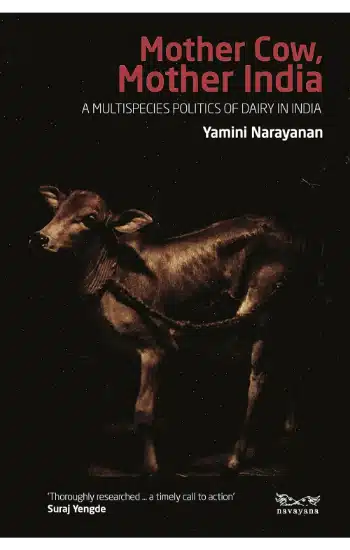

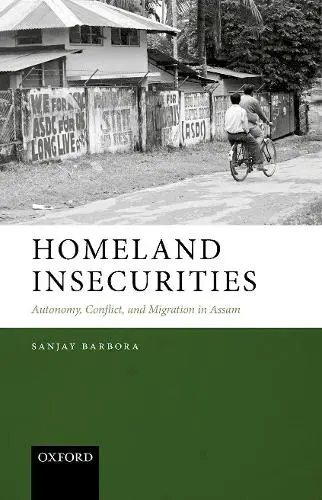
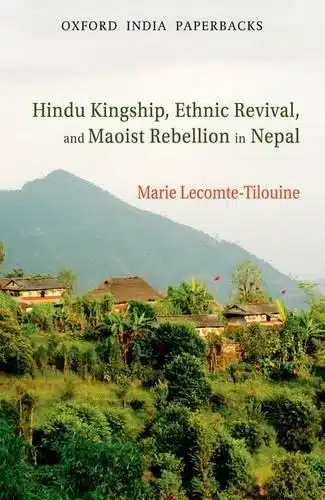


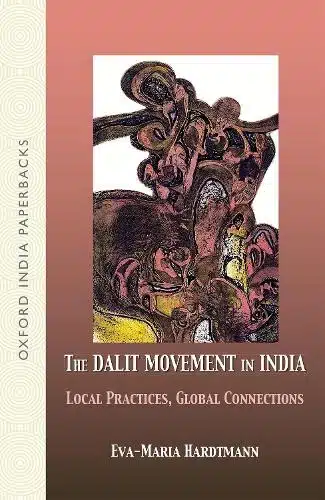
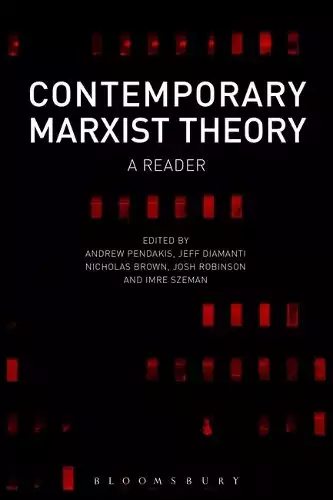
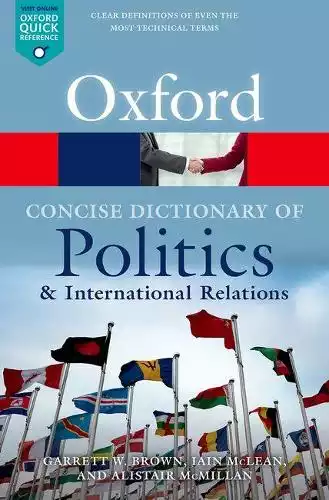
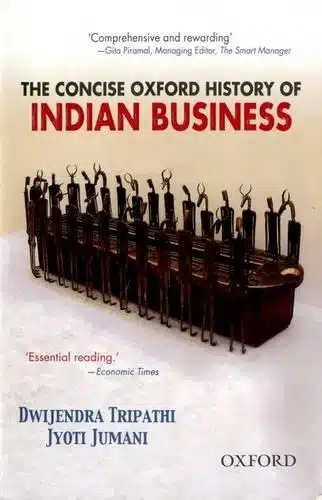



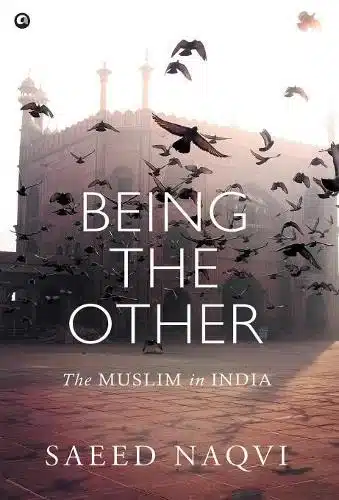

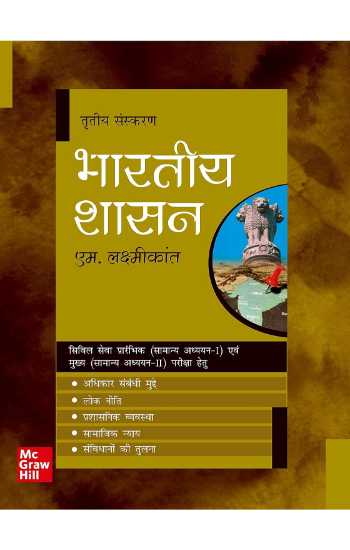

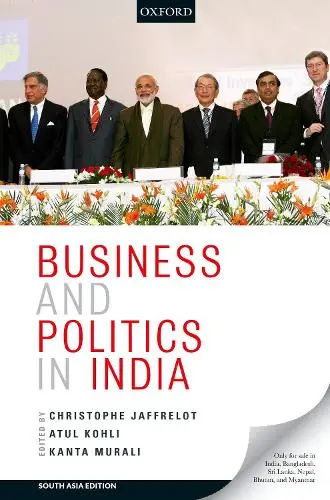



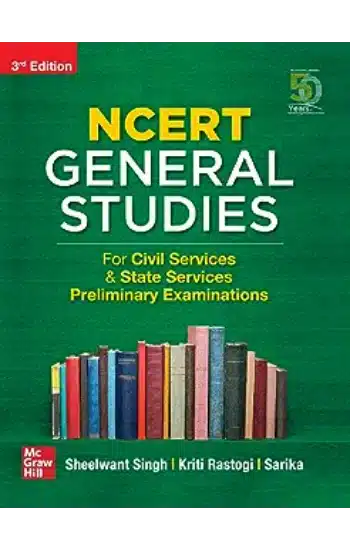
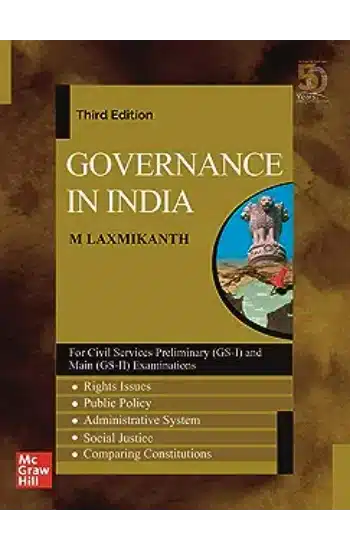
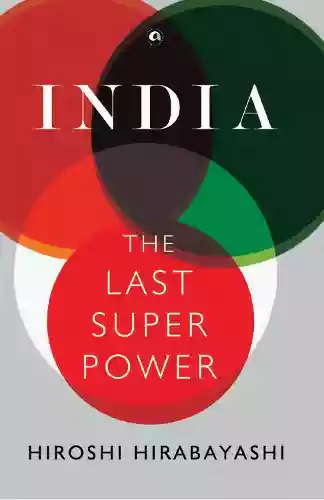
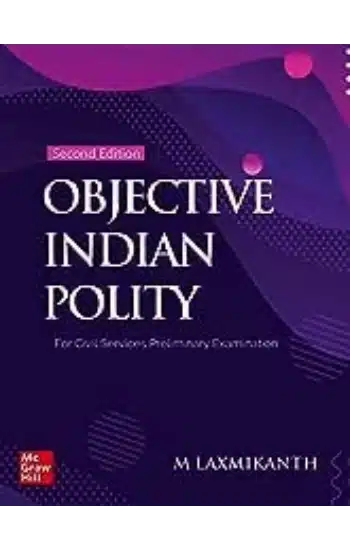
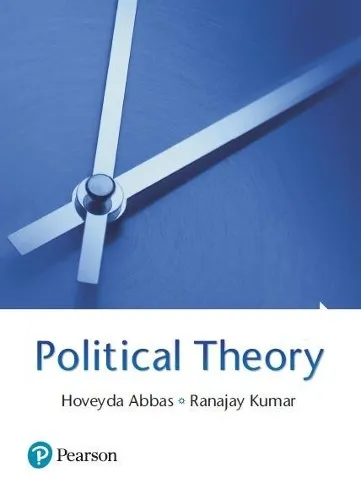
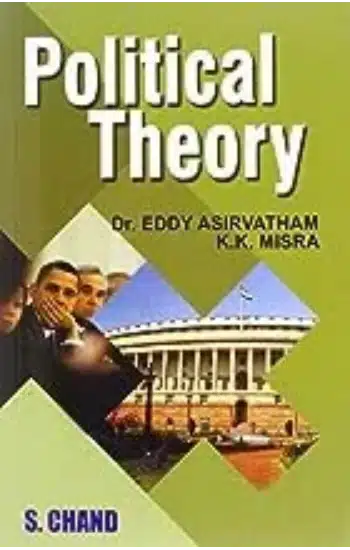




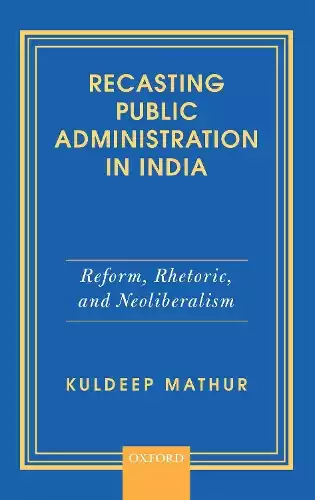

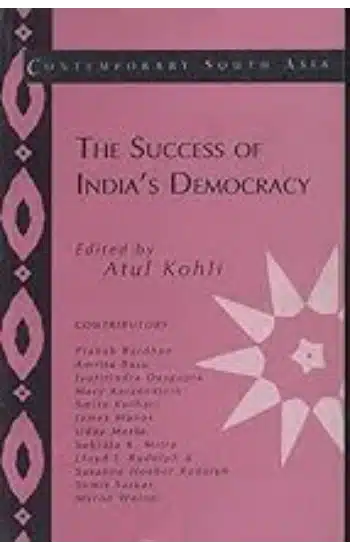
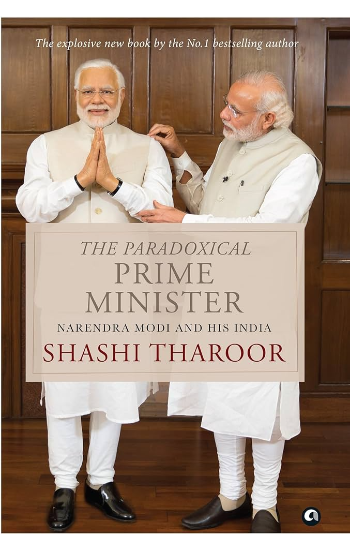


Reviews
There are no reviews yet.